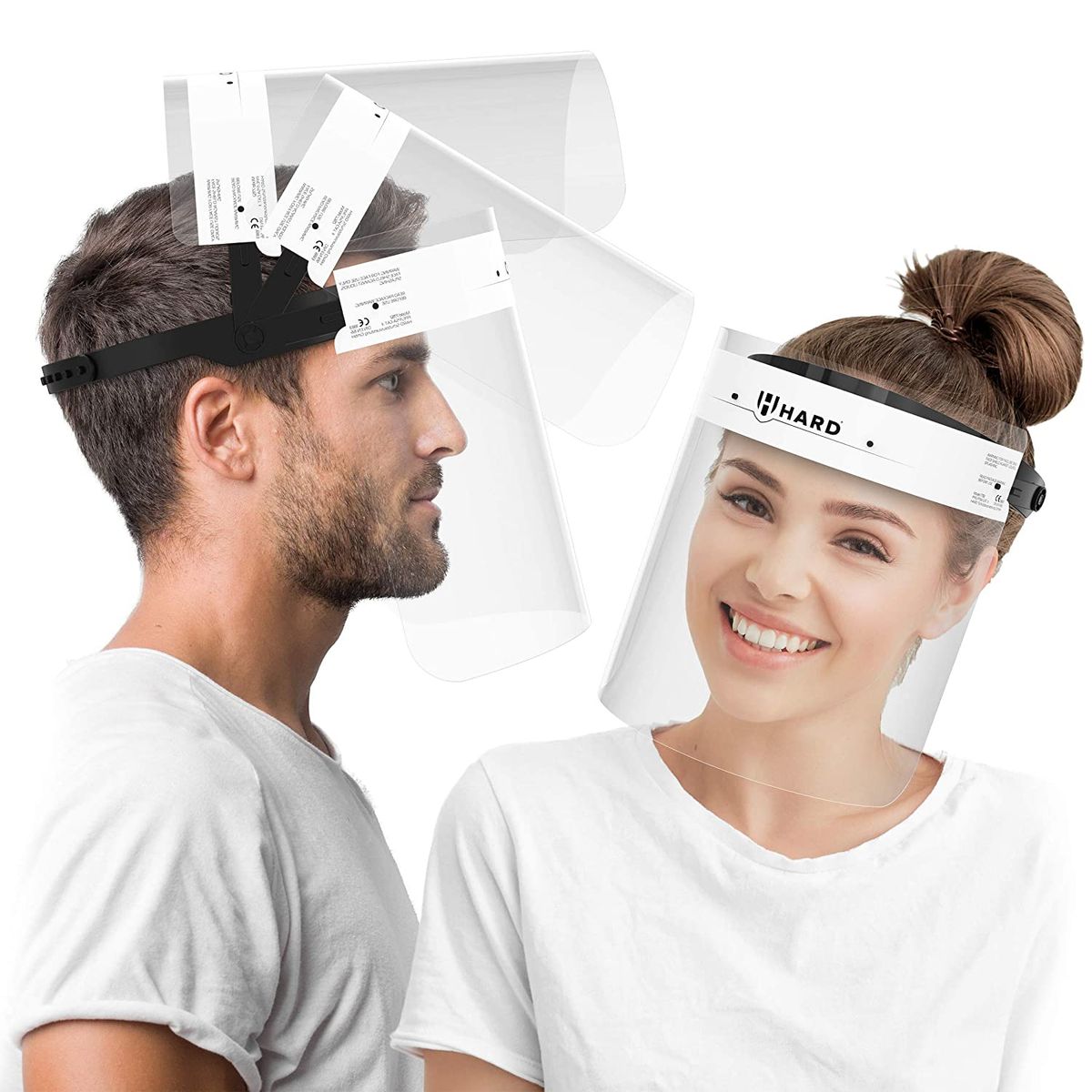

YOUR SHOPPING PORTAL FOR FACE MASKS & PERSONAL PROTECTIVE EQUIPMENT
We supply private individuals, medical institutions, clinics, pharmacies, doctors, industry and companies. We are happy to make institutions, resellers, doctors and companies with recurring or larger requirements an individual offer. Simply write to us at info@bioratio.de or call us at +49 7531 955 6187.
In the current GERMAN PALAS test, our FFP2 masks once again received top marks and the test rating: "excellent".
Overview
Benefits when you order from us:
Customer service
Premium Quality
Secure shopping
Respirator protective face masks against the coronavirus SARS-CoV-2
We all have to wear them, though not everywhere and all the time. But for what reasons exactly should you buy face masks? Following the introduction of compulsory masks in several countries, the World Health Organisation (WHO) has been recommending the wearing of masks to contain infections since the beginning of June 2020. While infection through infectious droplets is less likely to occur in fresh air, the risk is much higher indoors. Aerosols can accumulate there much longer.
Buy respirators protective face masks - Why is this important for you?
As things stand at present, the following applies: If people are outside and keep their distance, the risk of infection is low. Why should they still buy respirators face masks and always have them with them? There is a risk of infection if you are very close to other people, if you are talking to an infected person or if you are coughed on by an infected person. There is a risk if you are in closed rooms.
What types of respirator protective face masks are available & what protection do they offer?
What kind of mouth-nose protection is suitable for you personally? There are two major groups of approved masks: simple mouth-nose protection (MNS) and respirators. A mouth-nose protector protects other people in the immediate vicinity from droplets emitted by the wearer of the mask. It protects the wearer from larger droplets. It prevents a person from touching their mouth and nose with dirty hands.
What are the differences between the different protective face mask types?
It is important to know when buying a mask: Respiratory masks like our FFP3, FFP2 and KN95 face masks have a much greater effect. They protect the wearer from small droplets, the aerosols, smoke and fine dust in the air we breathe. There are three categories: FFP1, FFP2 and FFP3. To protect against the corona virus, the Robert Koch Institute recommends at least one FFP2 mask. If it comes from China, the designation is KN95.
Why does your face mask have to fit properly and why do other precautions need to be taken?
Wearing a mouthguard is only sensible if it is worn correctly. Buying a face mask and not taking any other precautions is not enough.
- A secure mask must fit snugly, covering the mouth and nose throughout.
- Before wearing, wash your hands and do not touch the inside of the mask.
- Do not pluck the mask or wear it around your neck while wearing it.
- Keep a minimum distance of 1.50 metres even when wearing a mask.
- Dispose of a soaked mask immediately.
- To remove it, grip the cords on the sides and do not touch the front.
- Use a freezer bag with a zip fastener for transport. They prevent contact with contaminated fabric parts and keep unused masks hygienically clean.
For whom and when are FFP respirators important?
A face mask is designed to reduce the spread of viruses and bacteria when breathing out, speaking, coughing or sneezing. By wearing this mouth and nose face mask you meet the requirements of a mask obligation. It is intended for single use. An FFP2 or KN95 face mask is important for people working in the care and healthcare sector. For people who are in direct contact with potentially or actually infected persons as medical staff or assistants. It is important for people who belong to risk groups.
Buy face masks: What does an FFP2 / KN25 mask do?
These masks filter particles and aerosols from the air. Wearers are largely protected from inhaling even the smallest particles flying through the air. This offers them a high degree of safety. The most effective protection against infection remains even with an MNS mask type II or an FFP2 / KN95 mask: Keep your hands away from the air and wash them regularly and thoroughly. As RKI President Lothar Wieler said: "The worst thing that can happen is to feel safe with a mask".





















